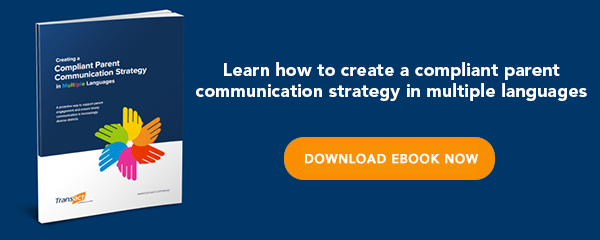The U.S. Department of Education (USED) recently issued new regulations for the federal grant program, Charter School Grant Program (CSGP), that include significant changes to what was originally proposed by the USED.
The changes are the result of pushback from some states and charter school advocates because of the restrictions the regulations would place on the ability of some charter schools that are associated with for-profit management to qualify for the CSGP grants. The significant changes are outlined in the following chart.
| Originally Proposed Regulations | Published Final Regulations |
| Charter schools wishing to receive CSGP grants would be required to submit a “community impact analysis” that would include documentation showing sufficient demand to support the existence of a charter school in their community. The analysis would need to include a description of how new charter schools would avoid increasing socioeconomic and racial segregation. | This was changed to a requirement for charter schools to provide a “needs analysis” that can be based on data and information that is already available, such as wait lists or unique programming. |
| Charter schools managed by a for-profit entity (typically a Charter Management Organization CMO or other similar organization) would be prohibited from receiving funding from CSGP grants. | Charter schools need to publish information on their association with for-profit CMOs or other for-profit organizations. |
| Charter schools would need to demonstrate a partnership with a local school district to qualify for a CSGP grant. | A collaboration with other schools or community entities would be sufficient to obtain eligibility for a CSGP grant. Charter schools no longer have to demonstrate a partnership with a local school district. |
These regulations only apply to the receipt of funds under the federal CSGP grants. Authorizers (agencies that have the authority to allow the establishment of charter schools) may still authorize and secure funding for charter schools that are not eligible to receive a federal CSGP grant.
About TransACT:
TransACT is a leading EdTech SaaS provider with a 25+ year history serving school districts, 20+ state departments of education, and universities across North America with software to manage compliance, engagement, transportation, and operations with confidence. Headquartered near Seattle, WA, TransACT has offices in Massachusetts, North Carolina, Edmonton, and Milwaukee.
www.transact.com




